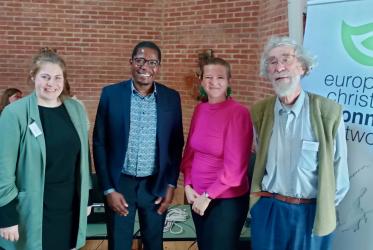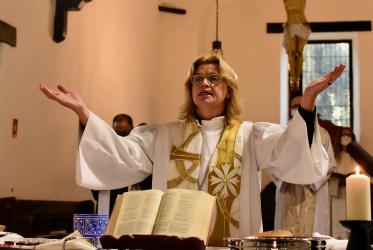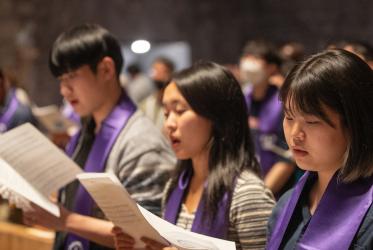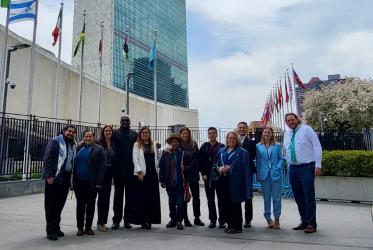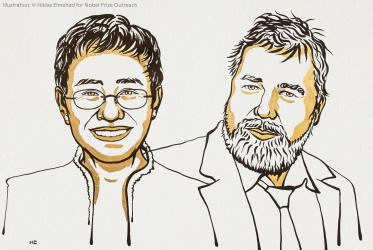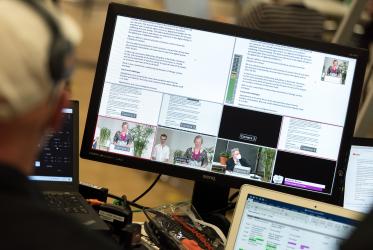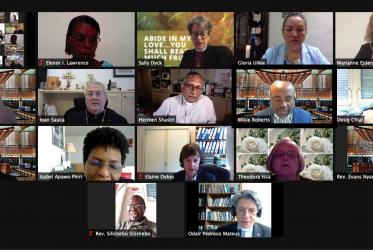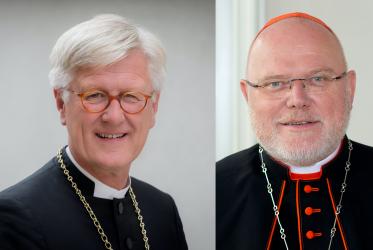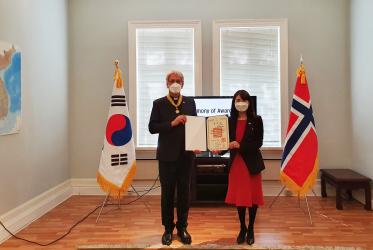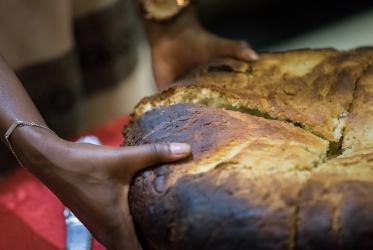Displaying 1 - 20 of 50
In Chile, “Churches’ ministry of reconciliation is key”
29 November 2022
Side-by-side, they pray for peaceful unification of the Korean Peninsula
06 September 2022
Brunnen: a well of faith-inspired initiatives
01 September 2022
WCC congratulates 2021 Nobel Peace Prize laureates
14 October 2021
Driven by God’s grace and a sense of duty
05 November 2020
Faith communities vital in overcoming hunger
18 March 2020
